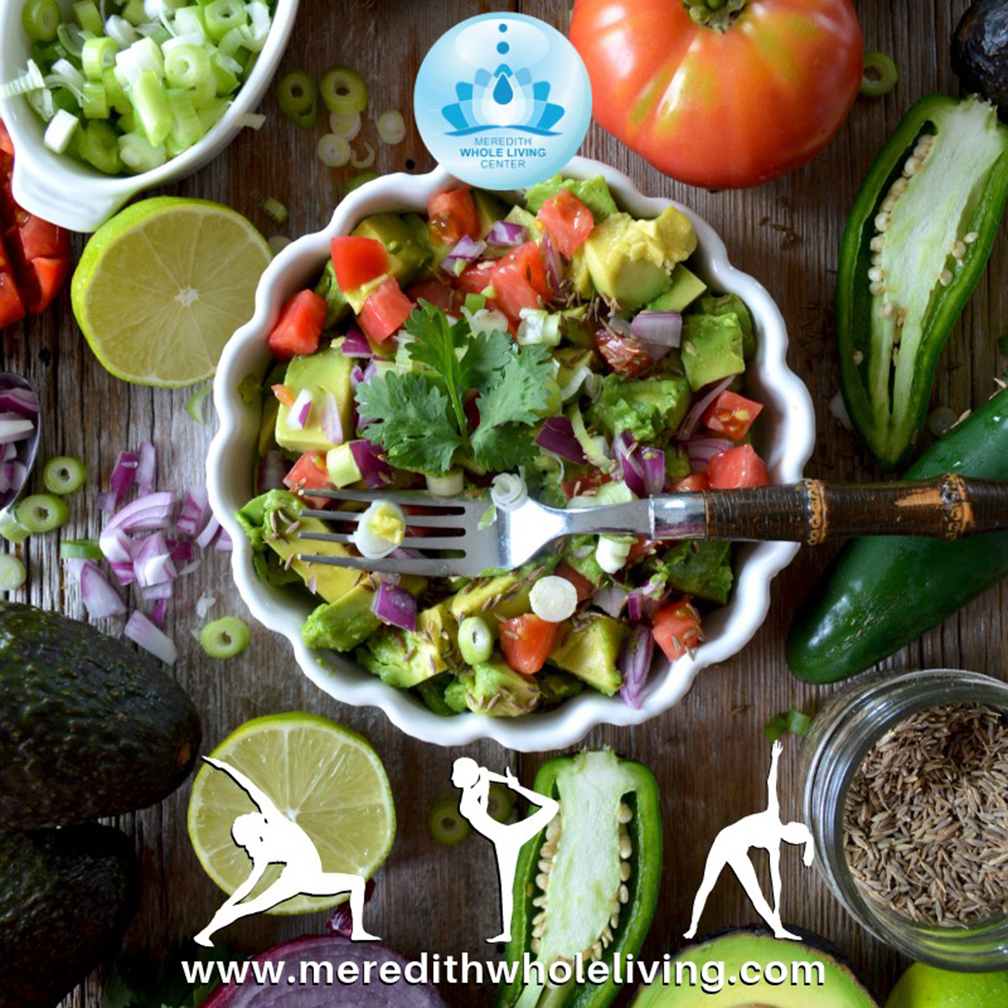Why Diets Work… And Then They Don’t


RDN, LD
Meredith Whole Living Center
Each winter, we collectively follow a familiar pattern of enjoying holiday excess, followed by renewed interest in weight loss. As a dietitian who believes delicious foods can be part of a healthy lifestyle year round, one of my passions is demystifying weight loss and promoting a grounded sense of sensible weight management and expectations.
In this article, we’ll look at some reasons our bodies may stop responding to a particular diet, and why sustainable, long term healthy habits remain the most effective way to manage weight over time.
Any calorie deficit will result in weight loss, and all diets- Keto, Atkins, South Beach, Zone, etc., limit calories in some way or another. That’s it. There’s nothing magical about it. A healthier switch often eliminates foods causing inflammation and digestive issues while increasing nutrient-dense foods that increase our energy levels and promote activity, however there is still a corresponding drop in calories as a result. For instance, no gluten also means no baked goods, crackers, pasta, or bread- all foods that add up quickly in calories, while more fruits and vegetables means replacing higher calorie foods like cheese and crackers for carrots and hummus.
So why do they stop working? Well, it depends.
Sometimes, it doesn’t actually stop working, but stops working quickly. There is a theory called the set point, which suggests our bodies generally stay within a certain weight range. Unless we are chronically restricting calories or overeating, we tend to maintain our weight. When we achieve a calorie deficit, we typically lose weight until we hit a plateau, and weight loss stalls. This is often when we think a diet is no longer working, and revert to former eating habits. What’s really happening is our body working toward a new set point before continuing with weight loss. If we maintain this new weight for a period of time, it’s likely weight loss will resume.
Sometimes, weight loss is too quick to begin with. If a calorie deficit is too restrictive, our body thinks we’re starving. Eventually, willpower isn’t enough to deny hunger, and we give in to the bacon cheddar cheeseburger, fries, and slice of cheesecake. The dieting either ends here, or we repeat the cycle again. However the body no longer trusts it will survive if it allows for weight loss, so weight becomes harder to lose and the body holds onto its precious fat stores to survive the recurring famine.
Sometimes, we get fed up with rules and restrictions. If it’s a very restrictive diet that doesn’t just curb calories, but also certain foods or food groups, oftentimes willpower is our downfall again. We can say “no” and “I can’t eat that” for only so long before that chocolate cupcake looks too good to resist. Then we feel guilty for “cheating” and completely give in to the foods we denied ourselves. I’ve been here and I have seen others go through the same. One of my coworkers once said willpower is the weakest tool in our toolbox, and I couldn’t agree more.
All diets work, but only for so long. This is why I recommend general healthy eating and a food freedom mindset. It’s not glittery and shiny, and doesn’t promise dropping twenty pounds in twenty days. I’d rather you lose twenty pounds in twenty weeks while learning nutrition principles and healthy eating patterns than following a diet plan and gaining back thirty pounds in the same time frame. Sustained weight loss is a product of health and habit changes, not short term, restrictive diets. It also allows for the enjoyment of life’s special moments, year round.
Braelynne Jurius is a Registered Dietitian Nutritionist (RDN) and Licensed Dietitian (LD) at Meredith Whole Living Center.



